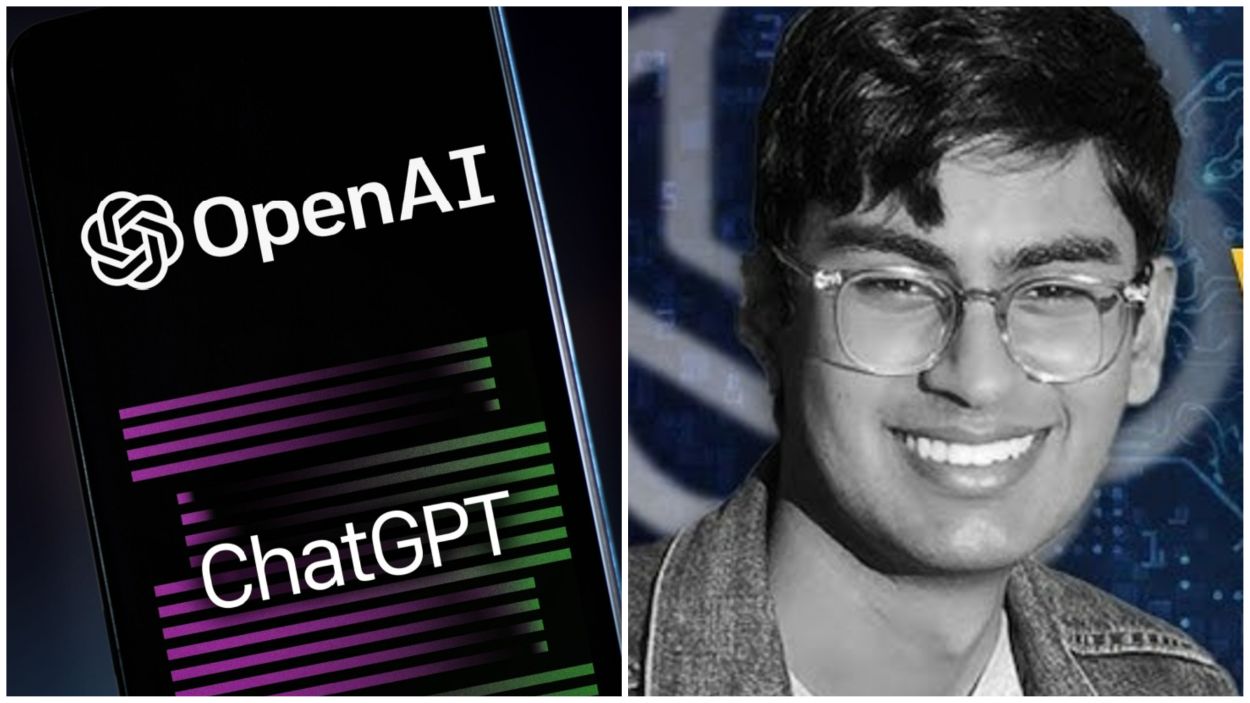Suchir Balaji, a former OpenAI researcher, became a prominent whistleblower before his tragic death last month at the age of 26.
Balaji had openly criticized OpenAI’s practices, particularly the training of AI models with copyrighted internet data, sparking significant debate within the tech community.
Born and raised in Cupertino, California, Balaji was a prodigious talent in programming from a young age. He gained notable recognition at programming contests and was a prize winner in Kaggle’s “Passenger Screening Algorithm Challenge.” Before his tenure at OpenAI, he worked at companies like Scale AI and Quora.
Balaji’s concerns about AI ethics intensified after the release of ChatGPT in late 2022. He argued that using copyrighted material without explicit permission could harm the internet’s ecosystem and violate legal standards. His worries were about legality and the broader implications of AI technologies that might mislead or replace traditional internet services.
Suchir Balaji’s Revelation
In an interview with the New York Times and on his website, Balaji detailed how AI models could inadvertently replicate copyrighted content during training, potentially bypassing “fair use” protections. He feared that such practices might degrade the quality of information online, referring to the phenomenon as “hallucinations” in which AI fabricates or distorts facts.
Balaji’s revelations came as OpenAI faced multiple lawsuits from entities such as news publishers and authors, who claimed that their copyrighted works were used to train AI without proper authorization. These legal challenges highlight the growing tension between AI development and copyright laws.
In response to the allegations, OpenAI defended its practices, stating that its model training procedures were protected under “fair use” and crucial for maintaining competitiveness in the U.S. tech industry. The company expressed deep sorrow over Balaji’s death, emphasizing the loss to the community and his family.
Suchir Balaji’s untimely death has spotlighted the ethical and legal challenges facing AI development today. His courageous stand as a whistleblower continues to influence discussions on how AI should evolve harmoniously with societal norms and legal frameworks.






